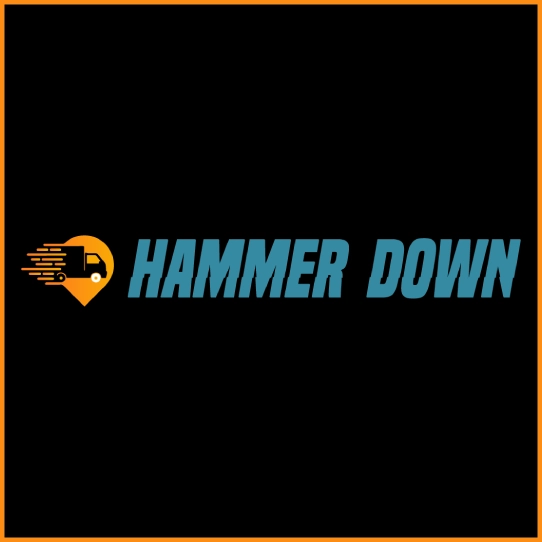Carrier Assure’s Innovative Scoring System Removes the Fleet Reliability Gamble
Navigating the complexities of fleet reliability and safety in the trucking industry poses a significant challenge, especially given that small fleets operate 90% of trucks on the road. This critical issue is at the heart of a recent episode of Hammer Down, hosted by Mike Bush, featuring an innovative approach by Carrier Assure to address this longstanding problem. With Megan Sabiston, a Sales Manager from Carrier Assure, as the guest, the discussion sheds light on a groundbreaking solution that promises to transform the industry’s landscape.
The episode explores the nuances of the trucking sector, emphasizing Carrier Assure’s role in revolutionizing how trucking companies are evaluated. With most trucks belonging to small fleets, assessing the reliability and safety of these operators becomes paramount for large corporations looking to transport goods securely. Sabiston provides an in-depth look at Carrier’s scoring system, which meticulously grades trucking companies on an A to F scale based on thousands of data points. This innovative method facilitates a thorough risk assessment process, enabling companies to make informed decisions when selecting carriers.
By considering a wide array of factors, including business stability, insurance coverage, inspection records, and violation history, Carrier Assure offers a comprehensive solution to a problem that has long plagued the trucking industry. The discussion also ventures into the challenges and opportunities arising from the pandemic, highlighting the increased importance of a reliable scoring system amidst the influx of new trucking companies.
For those intrigued by the future of logistics and the potential for technology to enhance supply chain efficiency, this episode of Hammer Down provides a compelling overview of an innovative approach to evaluating fleet reliability.




